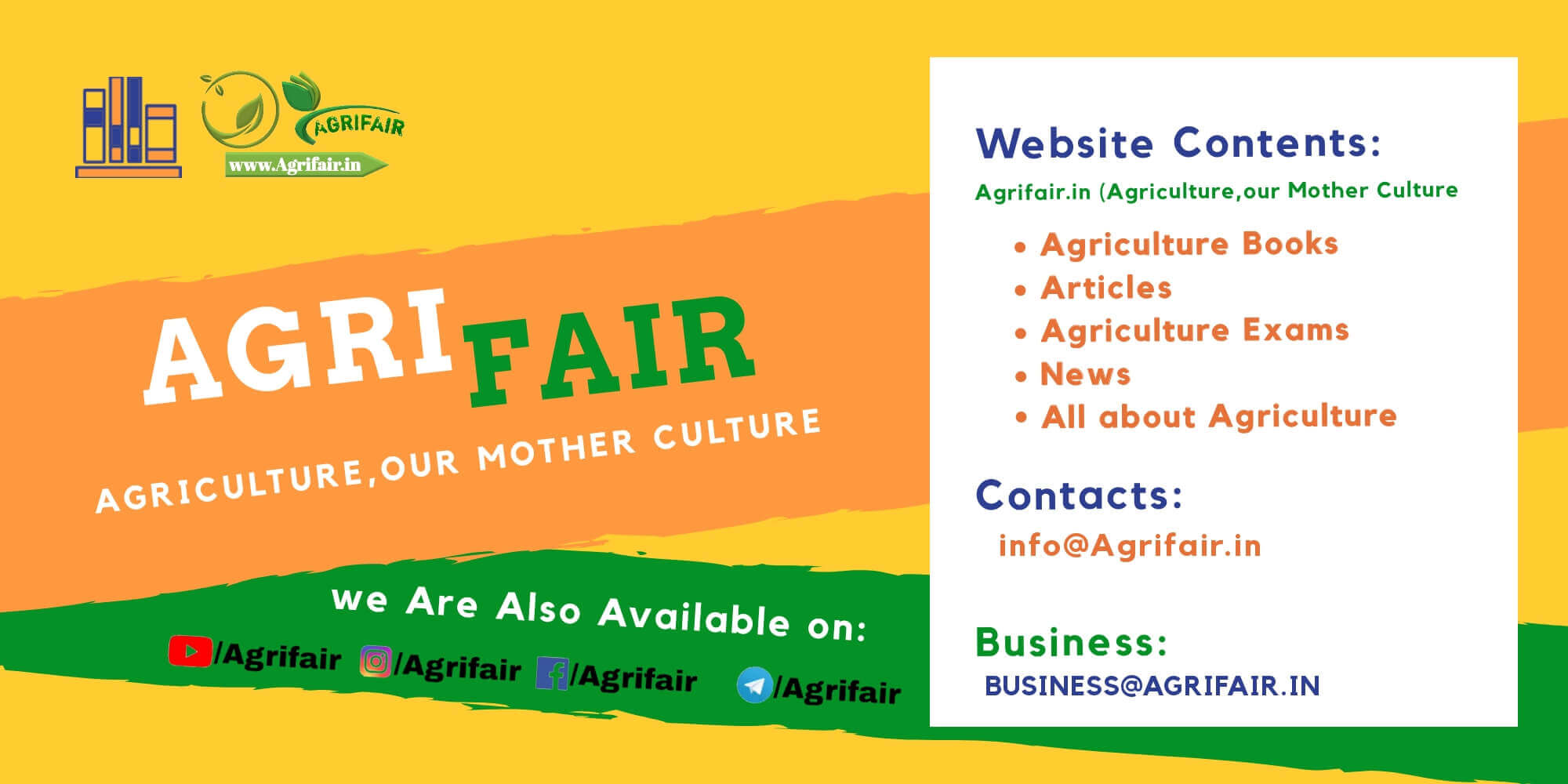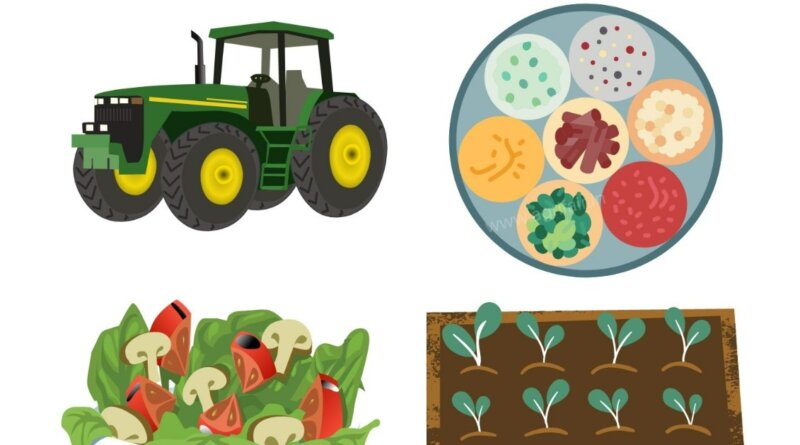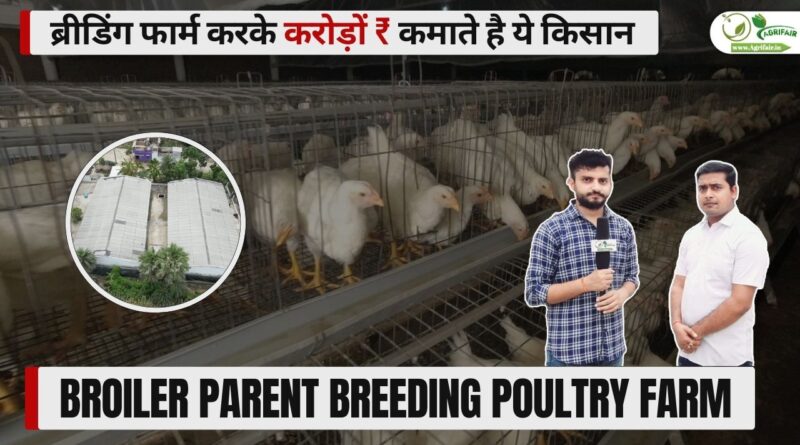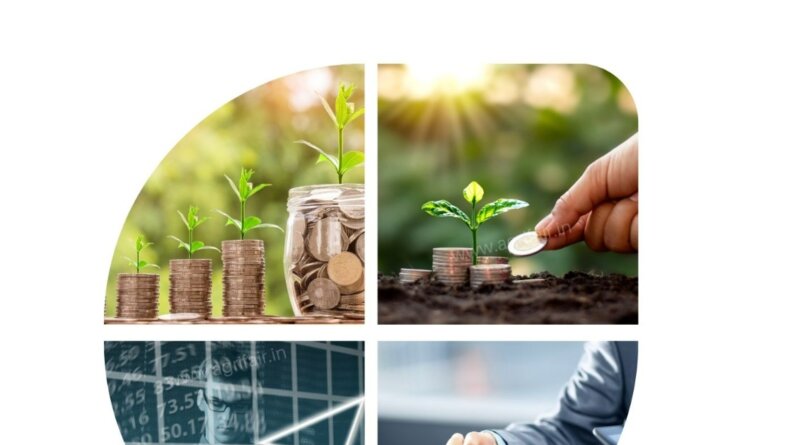MSc Agricultural Economics Books pdf free download: A Comprehensive Guide
Embark on a journey through the realms of M.Sc in Agricultural Economics with our comprehensive guide. Uncover the best books available for free download in PDF format, providing a gateway to in-depth knowledge in this dynamic field. From essential readings to expert recommendations, this guide is your compass in navigating the expansive universe of Agricultural Economics literature.
Read More







